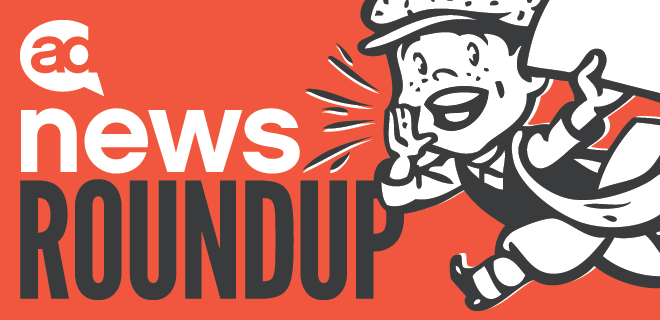
Survey Says: Ads.txt Adopted by Over Half of U.S. Publishers
OpenX ran an audit on the comScore top 1,000 publishers in the U.S., and found that over 50% had adopted ads.txt. It feels like we were just saying, “Ads.txt is something that should happen in order to clean up the supply chain, but I don’t know—it needs pretty much universal buy-in in order to work, and that sounds hard.” That was before Google took a stance, announcing in October it would require its publishers adopt ads.txt, and several DSPs joined in with the same requirement. It’s edifying to anyone who wants the industry to get serious about rooting out ad fraud—but watch out, there’s going to be a next step, because there always is.
Pandora Revamps, Goes Hard in Ad Tech
Pandora made some vague, yet possibly portentous, statements about how it’ll be redesigning in order to ramp up “ad tech and audience development” efforts. The company’s statement mentioned “faster execution” and staff reductions as parts of this process—the goals, per Pandora, are to save money and invest it in ad tech, martech, device integration and “non-music content.” MediaPost’s Joe Mandese’s interpretation of the statement is that Pandora is trying to reduce sales headcount and up programmatic initiatives. But he suggests part of Pandora’s success was exemplary user experience (not going to argue with that), so hopefully Pandora’s leadership will take care not to blow up that advantage with irrelevant or obnoxious ads.
Can Pubs Still Depend On Content Recommendation Engines?
Digiday reports content recommendation engines are no longer the guaranteed cash cows they used to be for publishers. Content recommendation companies used to pony up big-time, offering guaranteed payments to pubs. Now those companies or the publishers themselves are opting for a revenue-share pay-per-click model. If this development is as widespread as Digiday suggests, we’re looking at potentially a wholesale re-assessment of the role of content recommendation engines. Those old guarantees are important for publisher revenue, and they’d long been reliable when so many things in advertising were not reliable. But those guaranteed deals typically didn’t give publishers much flexibility on widget placements, publishers had to load up the widgets on a lot of their pages to meet the terms of the contracts, and advertisers have complained the widgets got in the way of their own objectives for ad experience or share of voice. More urgent downsides to those widgets: Publishers single them out as lower-security points of entry for malvertisers, and users single them out as just looking sketchy and clickbaity. Without big payouts, what’s the incentive to pubs for keeping content recommendation widgets on the page?